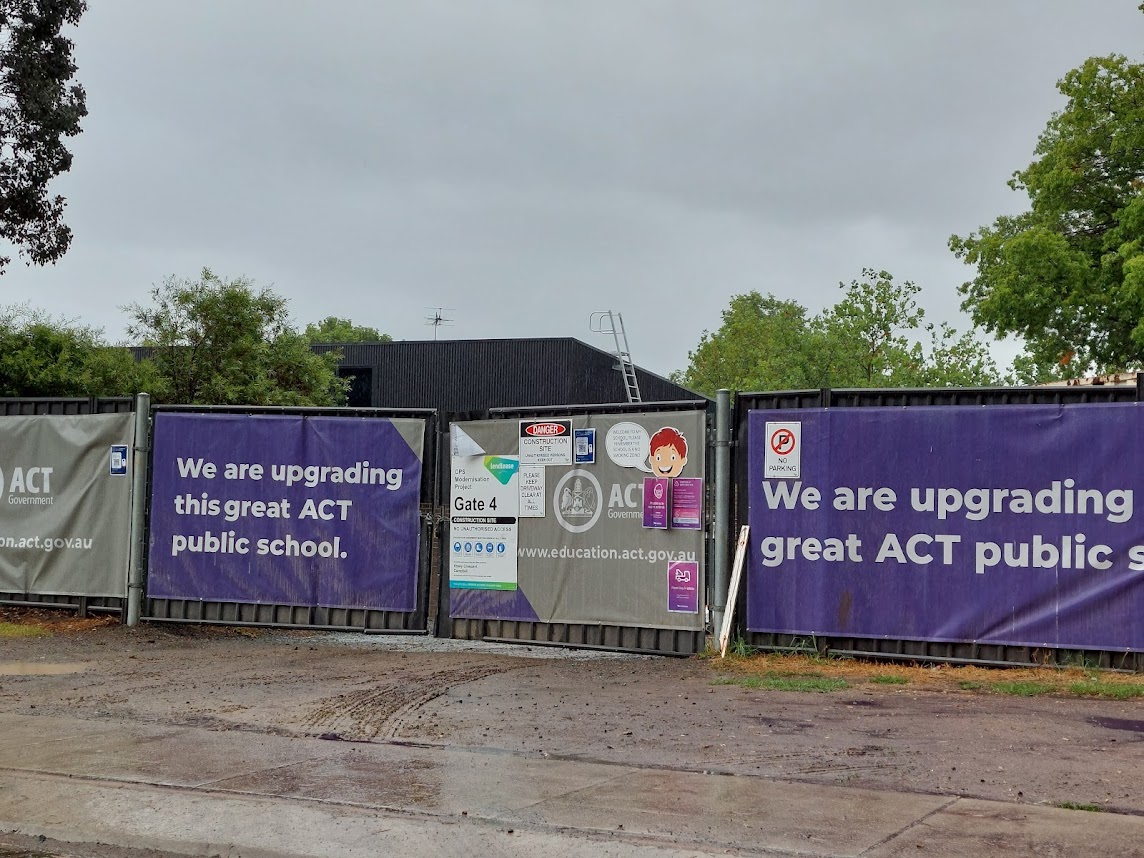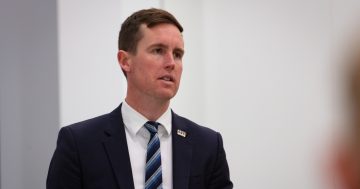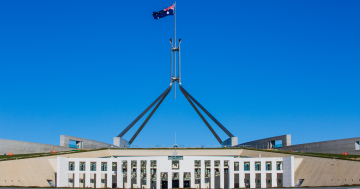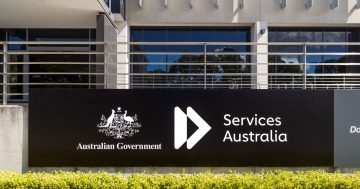
The Campbell Primary School upgrade helped trigger the review of the Government Procurement Board. Photo: David Murtagh.
The ACT Government has been urged to legislate a clear definition of what the Territory’s procurement board actually does in the wake of public hearings.
Procurement has been a thorny issue as of late, with Auditor-General Michael Harris tabling reports showing the board was timid and didn’t fully understand its role when he probed its work, while other projects have been slammed for having “poorly conducted” procurement – such as the ACT’s new plug-in hybrid fire truck – or no evidence of contracts or an open tender process, as was the case with an unnamed cleaning company.
A review of the Government Procurement Board was announced last year following a report into the Campbell Primary School upgrade. That case is now subject to an ACT Integrity Commission investigation.
Now the Select Committee on Estimates has published a number of recommendations in the hopes of finally seeing some progress on, or a stop to, these issues.
Mr Harris found there is a “misalignment” between what’s stated as the Government Procurement Board’s purpose in the legislation and what’s actually understood by its members and officials.
He told a committee hearing many of the issues surrounding the board could be cleared up by changing the wording in the Government Procurement Act 2011.
“I think a significant amount of the difficulty that has been experienced would be avoided if the act were to be looked at and amended to provide clarity as far as the board’s role and function is concerned,” Mr Harris said, “and to provide it with a bit more teeth to insist on changes to the procurement process where it believes those changes are necessary in the interests of value for money assessment, and in the interest to fairness for those going to market to offer their services to government.”
The committee agreed, recommending the board’s role be clearly established in the legislation, along with its role in handling proposals.
In response to a question on notice from the hearings, Special Minister of State Chris Steel insisted the government’s procurement frameworks were “robust” with “multiple layers of legislative and internal guidance” to support value-for-money assessments and decisions.
Another issue was the make-up of the board itself.
The legislation states that the board must have four members from the private sector and five – including the chair and deputy chair – from the public sector.
Mr Harris had previously outlined he felt this balance of public servants could lead to “higher incidents” of conflicts of interest.
The committee recommended the ACT Government publish a “detailed membership list” of who is on the board to improve transparency.
Other recommendations around procurement included proactive monitoring and auditing processes to ensure contracts managed by other territory entities are included in a contract register and that whole-of-government or major projects have a “single source of truth” which is publicly accessible, containing information for disclosure, timelines for deliverables and if the project is on schedule.
The government has begun work on a procurement reform program that aims to increase transparency, streamline some processes and give both providers and Territory entities more support.
It’s expected to be completed by the end of the 2024-25 financial year.
An ICT solution to track procurement processes more transparently is also being investigated.
The government spent $1.41 billion on procurement services during the 2022-23 financial year.




















